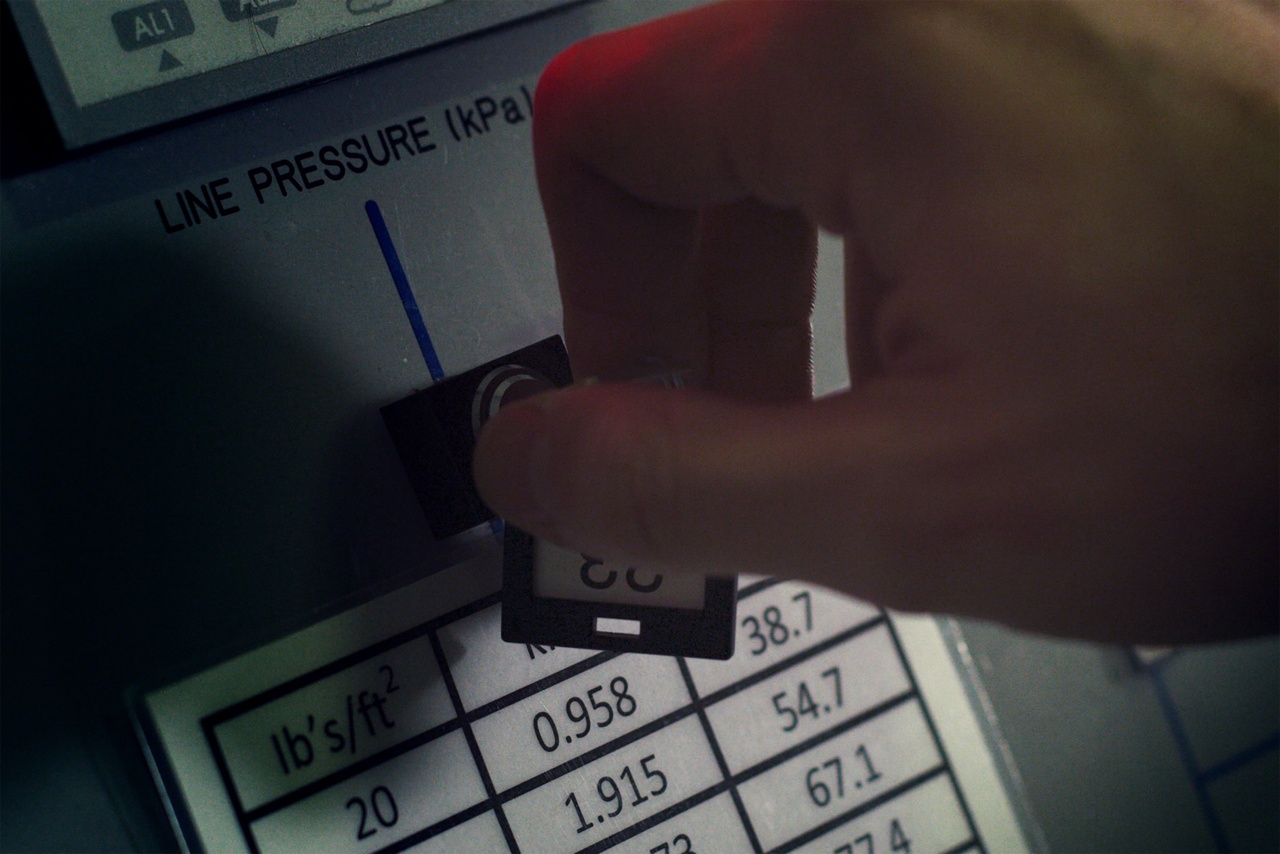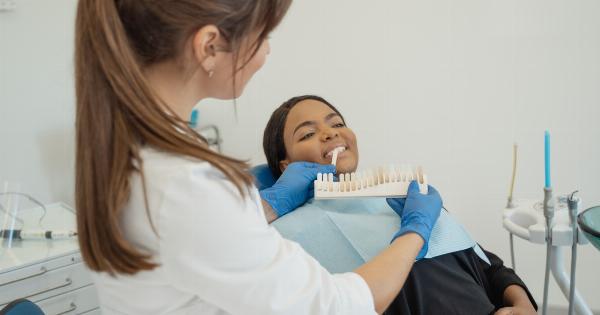Alzheimer’s and Parkinson’s are two of the diseases that plague millions of people all over the world.
Both have been studied extensively over the years, and researchers have tried everything from drug therapies to brain stimulation to try and alleviate symptoms. However, despite decades of research, there is still no cure for either disease. But now, a new study has revealed that lasers may be the key to eliminating these debilitating illnesses once and for all.
The Problem with Traditional Approaches
For many years, scientists have been trying to find ways to treat Alzheimer’s and Parkinson’s. The problem, however, is that these diseases are incredibly complicated and difficult to understand.
Researchers have been exploring the use of drug therapies, such as cholinesterase inhibitors and memantine, to try and improve cognitive function in Alzheimer’s patients, but these approaches have had limited success.
Similarly, with Parkinson’s, scientists have tried using levodopa, which is converted into dopamine in the brain, to help alleviate symptoms, but this approach is far from a cure.
The Laser Solution
Researchers at the University of Queensland have found that using lasers to “unclog” the brain may be the key to eliminating Alzheimer’s and Parkinson’s.
The study found that using low-frequency lasers to target and clear the plaque that builds up in the brain could reverse the symptoms of both diseases.
The researchers found that when they shone low-frequency lasers into the brains of mice with Alzheimer’s and Parkinson’s, the lasers broke down the amyloid-beta proteins that cause Alzheimer’s plaque and the alpha-synuclein proteins that cause Parkinson’s.
The lasers worked by stimulating the cells that surround the plaque and causing them to break down the proteins that caused the problem. Once the plaque was cleared, the cells were able to function properly again.
The Future of Laser Therapy
While the study was conducted on mice with Alzheimer’s and Parkinson’s, the researchers believe that the same approach could be used with humans. Dr.
Elizabeth Maynard, the lead researcher on the project, said that they were “excited about the possibilities” of using laser therapy to treat these diseases.
The use of lasers in medical treatments is not new. Lasers have been used in surgeries for many years, and they are also used to treat skin conditions and remove tattoos.
However, this is the first time that lasers have been used to treat neurological conditions.
The researchers believe that laser therapy could be a game-changer in the treatment of Alzheimer’s and Parkinson’s. If further trials show that the therapy is safe and effective, it could be used to treat patients in the near future.
Conclusion
Alzheimer’s and Parkinson’s are two of the most devastating diseases in the world. They rob people of their memories, their independence, and their dignity.
While there is no cure for these diseases yet, the use of lasers in medical treatment offers hope for the future.
The study conducted by the University of Queensland showed that low-frequency lasers were able to reverse the symptoms of Alzheimer’s and Parkinson’s in mice.
While more research is needed to determine the safety and efficacy of laser therapy in humans, the results are promising.
Laser therapy is a non-invasive, drug-free treatment option that could be used to treat neurological conditions in the future. It offers hope to the millions of people around the world who are suffering from Alzheimer’s and Parkinson’s.



























